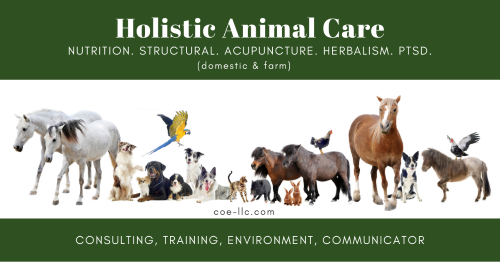In this period of his life (between the change of teeth and puberty) one must work upon the child through speech. But whatever is to work upon him in this way must do so by means of an unquestioned authority. When I want to convey to the child some picture expressed through speech, I must do so with the assurance of authority. I must be the unquestioned authority for the child when through speech I want to conjure up before him some picture.
Just as we must actually show the little child what we want him to do, so we must be the human pattern for the child between the change of teeth and puberty. In other words, there is no point whatever in giving reasons to a child of this age, in trying to make him see why we should do something or not do it, just because there are well-founded reasons for or against it. This passes over the child’s head. It is important to understand this.
In exactly the same way as in the earliest years of life the child only observes the gesture, so between the change of teeth and puberty he only observes what I, as a human being, am in relation to himself. At this age the child must, for instance, learn about what is moral in such a way that he regards as good what the naturally accepted authority of the teacher, by means of speech, designates as good; he must regard as bad what this authority designates as bad. The child must learn: What my teacher, as my authority, does is good, what he does not do is bad. Relatively speaking then, the child feels: When my teacher says something is good, then it is good; and if he says something is bad, then it is bad.
https://rudolfsteinerquotes.wordpress.com/2021/03/26/education-morality-authority/






 Sat Mar 23, 2024 11:33 pm by globalturbo
Sat Mar 23, 2024 11:33 pm by globalturbo


